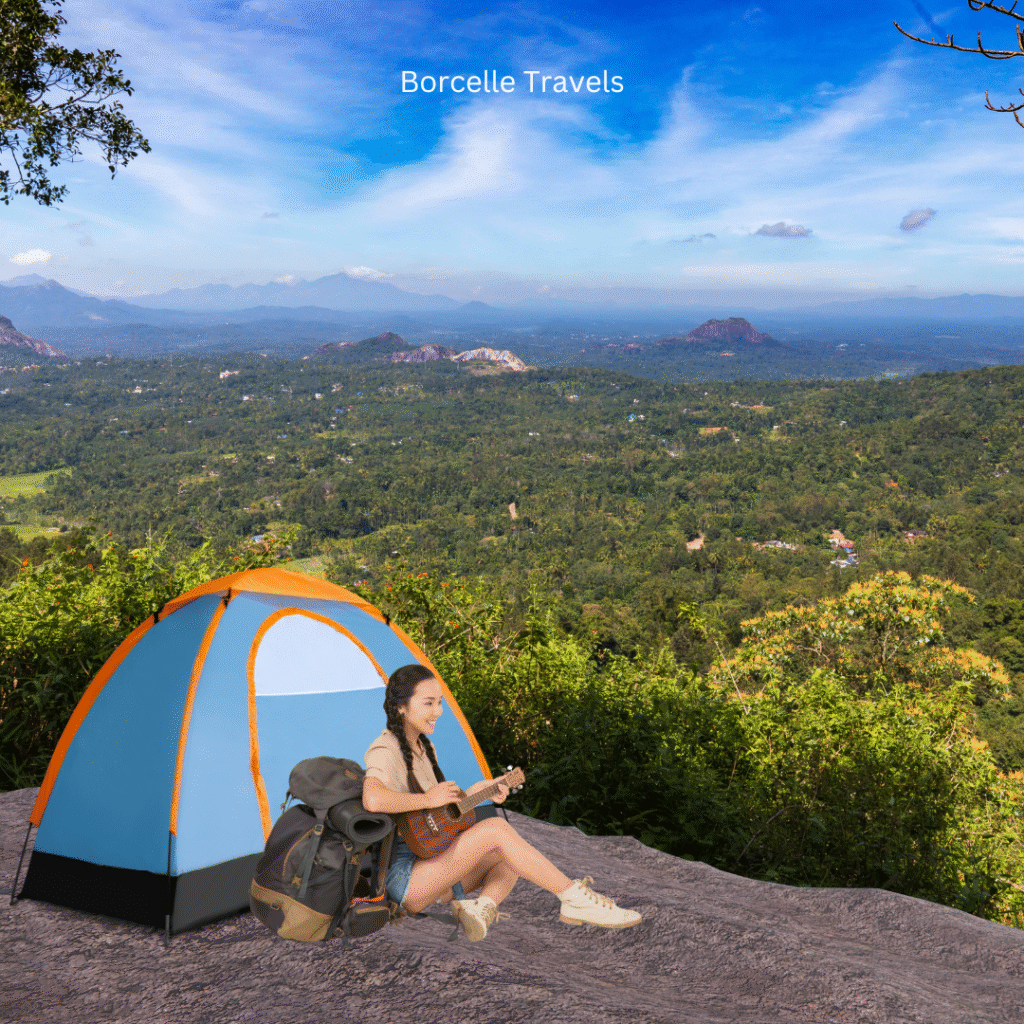ntroduction
Embarking on a solo journey offers more than just the thrill of exploration; it's an opportunity to immerse yourself in new languages and cultures. Language learning travel is a transformative experience that enhances your adventures and deepens your connections with local communities.
Why Choose Language Learning on Solo Trips?
1. Cultural Immersion
Solo travel allows you to fully immerse yourself in the local culture. Engaging with native speakers and participating in daily activities accelerates language acquisition. Whether it's ordering food, asking for directions, or joining local events, every interaction becomes a learning opportunity.
2. Personal Growth
Navigating a foreign country alone challenges you to step out of your comfort zone. Learning a new language in this context boosts confidence and adaptability. It fosters a sense of accomplishment and opens doors to new friendships and experiences.
Best Destinations to Learn Languages Solo
When selecting a destination for language learning, consider factors like language schools, cultural richness, and safety. Here are some top choices:
- Barcelona, Spain: Known for its vibrant culture and numerous language schools, Barcelona offers an ideal setting for Spanish immersion.
- Taipei, Taiwan: With a high number of language schools and a welcoming atmosphere, Taipei is perfect for learning Mandarin.
- Lisbon, Portugal: Lisbon combines rich history with a growing number of language programs, making it a great place to learn Portuguese.

Effective Language Learning Strategies for Solo Travelers
1. Enroll in Language Courses
Joining a language school provides structured learning and access to experienced instructors. Programs often include cultural activities, enhancing both language skills and cultural understanding.
2. Participate in Immersion Programs
Immersion programs offer intensive language practice through daily interactions with locals. These programs may include homestays, cooking classes, or guided tours, providing a comprehensive learning experience.
3. Engage in Cultural Exchange
Participating in cultural exchange activities, such as language cafés or community events, allows you to practice the language in informal settings. These interactions help you learn colloquial expressions and cultural nuances.
Language Learning Travel Tips (Expanded)
When you travel solo, every moment becomes a chance to improve your language skills. With the right approach, you’ll be surprised how fast you pick up new words and phrases. Below are deeper insights and practical tips to guide you through your language learning travel experience.
1. Start Early
Don’t wait until you land in a new country to begin learning. A few weeks before your trip, set aside time to study the basics. Learn greetings, directions, numbers, and common travel terms. This small effort will give you a head start.
2. Use Technology to Your Advantage
Today’s tools make language learning travel easier than ever. Use apps that suit your learning style. For vocabulary building, Duolingo is fun and game-like. For grammar and daily phrases, Babbel offers focused lessons.
And for more immersive training, Rosetta Stone is one of the most reliable brands. It offers lessons in speaking, listening, and pronunciation using real-world visuals. It's ideal for solo travelers who want a complete learning experience.
Download lessons in advance so you can study offline, especially during flights or in remote areas.
3. Stay Open-Minded and Flexible
Mistakes are part of the journey. Whether you use the wrong verb or mispronounce a word, don’t let it stop you from trying again. Locals often appreciate your effort more than your accuracy.
Solo travel gives you the freedom to learn at your own pace. Use that to your advantage. Be curious, be brave, and let go of the fear of sounding wrong.
“In Lisbon, I once asked for a knife when I meant to ask for napkins. It made us all laugh and led to a great conversation about Portuguese words.”
4. Practice Every Day
Fluency comes with repetition. Make the new language part of your daily routine. Label items in your accommodation, read local signs, or write a travel journal in your target language.
Use language to complete real tasks—order food, buy tickets, or ask locals for recommendations. These interactions turn theory into memory.
Listening to local radio or watching short videos also helps you understand tone and slang. Even 10–15 minutes each day builds real progress.
5. Join Local Classes or Workshops
Enroll in language courses once you arrive. Many cities offer short-term classes at language schools, especially in popular places like Barcelona, Spain. These classes focus on practical skills and also give you a chance to meet other travelers.
Some schools include tours or cooking lessons as part of the course. These activities help you learn the language in action and understand cultural context.
6. Participate in Immersion Programs
For deeper learning, consider joining immersion programs. These are intensive learning setups where you live with locals, attend daily classes, and engage in cultural activities.
In immersion settings, every hour is an opportunity to improve—from breakfast with your host family to evening outings. They help build real fluency faster than textbook study alone.
7. Try Language Exchange Meetups
Look for cultural exchange events in your destination. These are informal gatherings where people meet to practice languages. You help someone with English, and they help you with their native language.
Such exchanges are relaxed and often take place in cafes or parks. You’ll learn real conversation, slang, and local expressions that books rarely teach.
8. Follow Travel and Learning Blogs
Sites like SoloTravelWoman.com and ListLang.com share tested language learning travel tips from people who’ve done it. They recommend tools, courses, and destinations that work for solo learners. These resources also help you avoid common mistakes.
9. Choose Educational Travel Experiences
Opt for tours and activities designed around educational travel. Visit museums, attend local lectures, or join guided tours in the local language. These experiences deepen your understanding of both the culture and the language.
Even seasonal programs, like back-to-school language trips, offer short-term classes timed with academic calendars. They attract students and adult learners alike.
Language Schools in Barcelona, Spain
Barcelona boasts a variety of language schools catering to different learning styles and budgets. Institutions like Speakeasy BCN and Linguaschools Barcelona offer courses ranging from beginner to advanced levels, often incorporating cultural activities to enhance the learning experience.
Overcoming Challenges in Language Learning
Solo travelers may face challenges such as language barriers and cultural differences. To overcome these, it's essential to remain patient and proactive. Utilize translation apps, attend language exchange meetups, and immerse yourself in local media to improve comprehension and speaking skills
Conclusion
Integrating language learning into your solo travels enriches your journey and fosters deeper connections with the world around you. By choosing the right destination, enrolling in language courses, and engaging in cultural exchanges, you can transform your travels into a meaningful educational experience.








